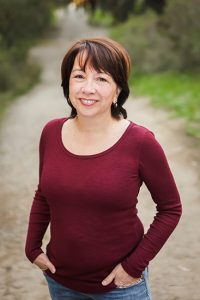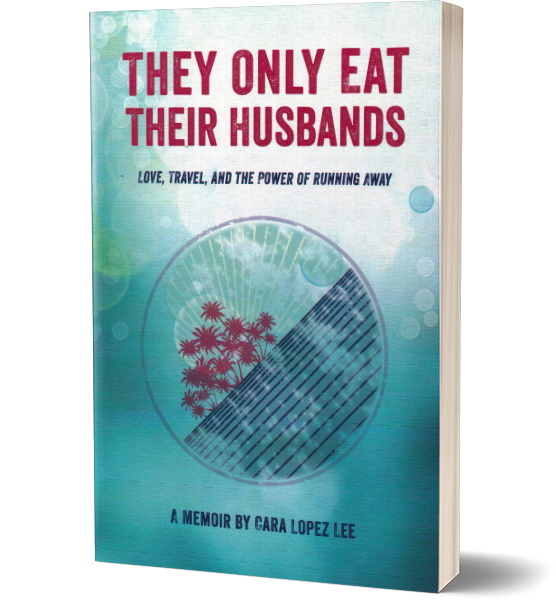My mother didn’t raise me, my father’s mother did. He called her Mom, so I thought that was her name. Grampa bought me Dr. Seuss books, but Mom taught me to read them. One of my earliest memories is reading to her, “Hand, hand, fingers, thumb. Dum ditty, Dum ditty, Dum dum dum.” My love of books is forever entwined with the comfort of Mom’s lap.

Grampa bought me Dr. Seuss books, but it was Mom who taught me to read them.
Mom used to take me with her to the bowling alley. I still have a scar from a massive splinter that pierced my knee while I crawled on the wooden benches. When I was eight, I begged her to teach me to play. I bowled competitively until I was 16, but never became as good as Mom. My high game was 216, hers was 278 – she rolled that one in her early 70s. She doesn’t bowl anymore, but she didn’t quit until arthritis stopped her when she was about 79.
Mom never liked to travel as much as I did, but she did like to hit Las Vegas to play slots, Mexico to shop, and any restaurant that served good pie. None of those pies was a match for hers. “The secret is in the oil crust,” she said, and that’s the recipe I still use. At 86, she doesn’t bake anymore, or leave her trailer much. It takes her three hours to get ready. She’s still beautiful, though gravity has had its way with her porcelain skin.

She’s still beautiful, though gravity has had its way with her porcelain skin.
Mom was born out of wedlock, half-Mexican, half-Chinese, back in 1924, a time when all those things were widely frowned on. Her Mexican mother died when she was two, leaving her an orphan. She once said, “When you lose your mother, you lose everything.” She grew up in East LA with her beloved grandfather and a collection of aunts and uncles who treated her like second-class family. She was familiar with the rhyme, “Ching-chong Chinaman sitting on a fence, trying to make a dollar out of 55 cents…” She was called a “Jap” during World War II.
She became a single mom at 18 when my father was born in 1942. Soon after, Mom found out who her own father was. She took her son to El Paso, where she waited tables at her dad’s Chinese restaurant. She had a host of half-brothers and half-sisters, also Mexican-and-Chinese, but a few of the sisters never accepted her.

She took her son to El Paso, where she waited tables at her dad’s Chinese restaurant.
When she met the man I’d later call Grampa, my father was ten. She was in love with another man, but he wasn’t the marrying kind. When she asked my father who he’d rather live with, he said, “I think you should marry Henry (not his real name), because I think he’d treat you nice.” Together, the three of them returned to LA. Later, when Henry mistreated my dad, she said, “If you don’t start being nice to my son, I’m leaving you.” Such are the choices of mothers. Grampa mended his ways.

When she met the man I’d later call Grampa, my father was ten.
Not that Mom was always easy to live with either, for Dad or me. She tends to criticize more than praise: “I never saw anyone so lazy… I thought you were supposed to be so smart… You’re so clumsy.” Still, she was always there for me… except once. One day I came home crying after a bully beat me up. “Cara, I’m not always going to be around to take care of these things for you. You’re going to have to learn to work it out yourself.” Though I felt abandoned at the time, I was later grateful: she taught me to stand up for myself. Yet she still stood up for me, too. One Mother’s Day when my father wanted to take her out for dinner with a bunch of adults and leave me home, she sat on the couch and refused to budge. “It’s Mother’s Day, Cara’s my daughter, and I’m not leaving without her.”

Not that Mom was always easy to live with either, for Dad or me.
Though she doesn’t have much, I still don’t know anyone more generous than my mom. Whenever I visit her I’m careful not to admire anything, or she’ll hand it to me and say, “I want you to have it.” When I was saving for my trek around the world, a family crisis required me to spend a chunk of my savings. Mom offered to replace it. When I demurred, she said, “I want to do this for you, while I’m still alive. I never had a dream. So your dream will be my dream, and you’ll come back and tell me about it.” How could I say no?
If she had no dream, she took pride in her independence. She worked from her teens until at least 30: a housekeeper, factory seamstress, waitress, and top saleswoman at the First Street Store in East LA. She then spent twenty years making a home that was clean and inviting and always had something good to eat. When my grandfather divorced her in her fifties, she went to work at JC Penney – a single mom again, from the time I was 12 until I was 18. She was tops in cosmetics sales until she retired in her 70s.
After that, for several years she still had the energy to play handball with my half-sister, despite the 72-year difference in their ages.

She still had the energy to play handball with my half-sister, despite the 72-year difference in their ages.
She’s determined to remain independent, alone in her suburban trailer. I’ve bought her a medical-alert bracelet and set her up with food delivery. I fly out a few times a year to visit, clean, and help out. I used to do most of the talking. Now she does.
A couple of years ago I asked her what was the happiest time of her life. Her answer was unexpected. She’s friends with a younger, gay couple who used to take her on trips. One day, at a Mexican beach resort, they rented bikes to ride around town. “I was happy that day,” she said, smiling more broadly than usual – she’s never liked her own smile. Maybe pedaling down a foreign street with hot, salty wind in her face gave her the same feeling of endless possibility that makes me travel. Maybe it returned a lost piece of childhood, a day of freedom when she soared down a street and forgot that her stomach was rumbling with hunger.
When she was a girl, sometimes neighborhood kids gathered around to listen to her sing. She wanted to be a singer when she grew up – so, yes, she did have a dream. One of my uncles remembers that he, my Mom, and another sister used to sing around the jukebox at their dad’s restaurant. When I was a girl, she sang torch songs while cleaning house. She sounded like Billie Holiday, and I held my breath to listen. Later, I sang in contests and musicals, but my voice was never as transcendent as hers. Sometimes, she’ll still warble a few notes; her voice cracks, but I can still hear the dream that slipped between.

I often think Mom and I have little in common. But maybe that’s not true.
I often think Mom and I have little in common. Maybe that’s not true. Tonight I’m going blues dancing with my husband. I guess I never got over that sound.




